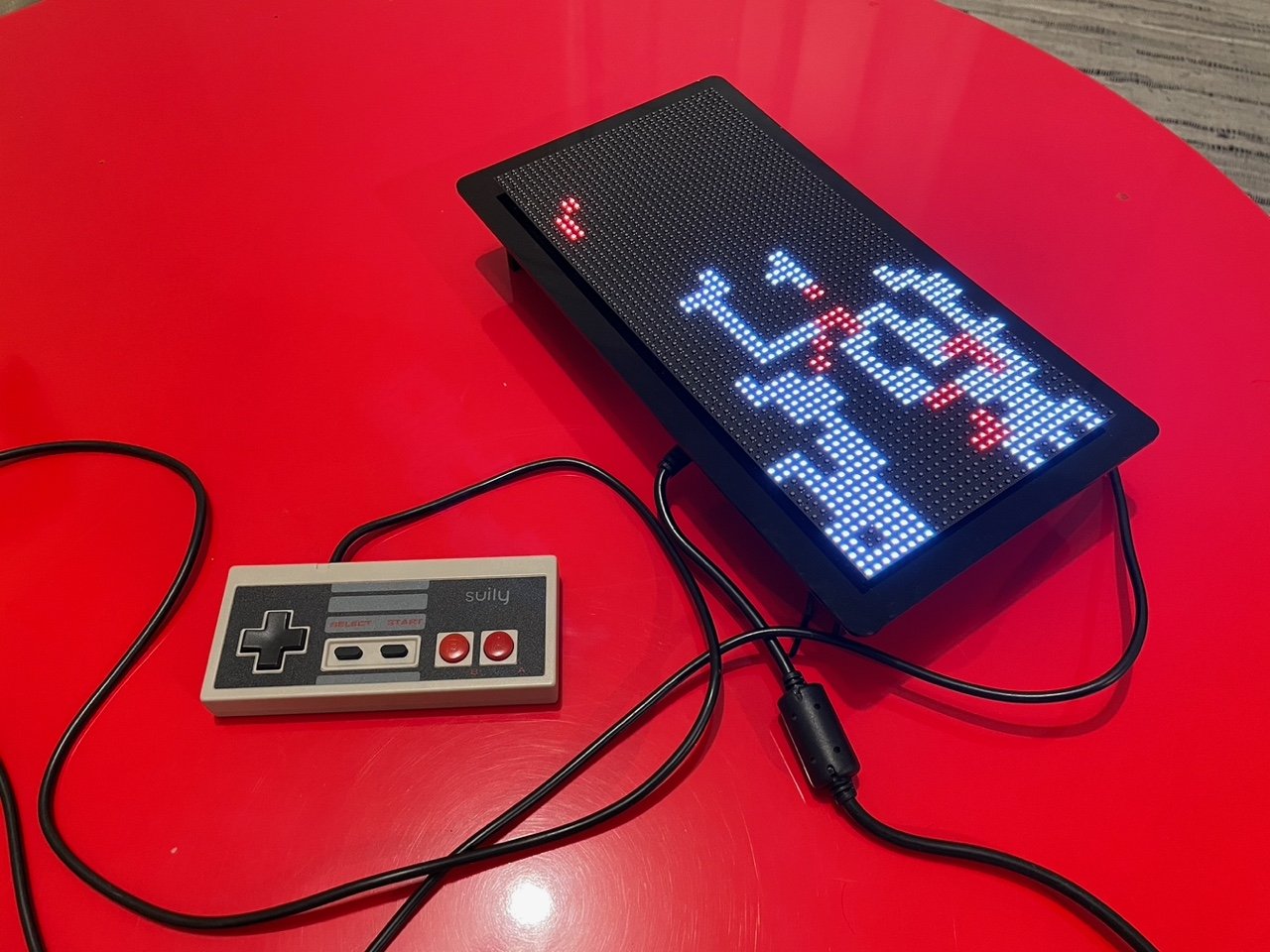Quantum Tetris
Tetris game powered by quantum technology
Our Quantum Tetris game investigates the concept of true randomness in games and celebrates noise — a beautiful imperfection of the current generation quantum computers. So, have you ever wondered what is random? In our world, classical computers can only generate pseudo-random numbers using seeds. The promise of a perfect, zero-noise quantum computer suggests a possibility of true randomness.
We decided to use Tetris — a well-known game — to display our concept. In classic Tetris, the player could theoretically predict which block appears next, knowing the seed of the random function. A quantum computer could create truly random numbers, preventing this scenario from every happening.
The following decision tree is used to generate the traditional Tetriminoes.
Currently, quantum computers still produce a lot of false values. Qubits cannot hold their state for long, resulting in occasional wrong calculations. This phenomenon is called noise. The longer the circuit, the more probable it is that a calculation got disturbed, hence more noise is appearing.
Usually, noise is an unwanted side-effect. However, we thought this could be an interesting way to display in our Tetris. All shapes are generated by a quantum computer. Noise creates shapes that are not intended, allowing for new blocks that do not fall in the regular 'four pieces attached' ruleset, creating a whole new Tetris experience. These "noisy shapes" are highlighted in red in the game.
To put this in perspective. The quantum circuit that generates the blocks used in the game here, is set up to only generate the seven regular shapes in Tetris. The "noisy shapes" are only a result of the miscalculations when running the circuit on a quantum computer.
It also displays a quantum circuit metaphorically. The longer you play, the more noisy shapes appear.
This project won the “Most Creative Use of Quantum Technology in Visual Arts” award at the 2021 Parsons & IBM Quantum Design Jam
The game can be played here
The code can be found here
"Quantum Tetris" is a project by Weijing Xiao, Emilio Lari, Billy Ho, Salil Parekh, and Olivier Brückner. It has been created within the Quantum Design Jam from Parsons School of Design and IBM in October 2021, in New York City.
The project was supervised by Sven Travis [Parsons], Lin Zhou [Parsons], Paul Kassebaum [IBM], and Russell Huffman [IBM].


